Time for Inclusion
This booklet collects the findings of the participants and contributors at this Inclusion Forum and a number of practical proposals for the work with different groups of young people with fewer opportunities.
Lire la suite289 outils

This booklet collects the findings of the participants and contributors at this Inclusion Forum and a number of practical proposals for the work with different groups of young people with fewer opportunities.
Lire la suite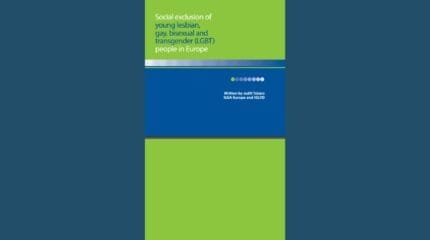
This report provides valuable guidance on the methodology and the thinking on the issue of social exclusion of LGBT youth, as well as the effects of the discrimination that young LGBT people encounter in their family, at school and in their community.
Lire la suite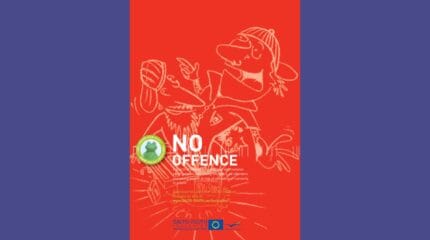
A practical booklet for setting up international youth projects with young offenders, ex-offenders and young people at risk of offending or currently in prison.
Lire la suite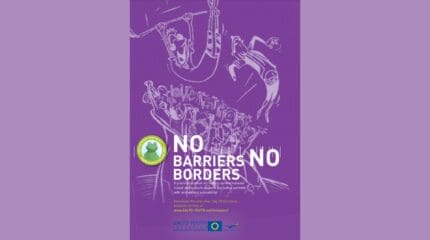
A practical booklet for setting up international mixed-ability youth projects (including persons with and without a disability).
Lire la suite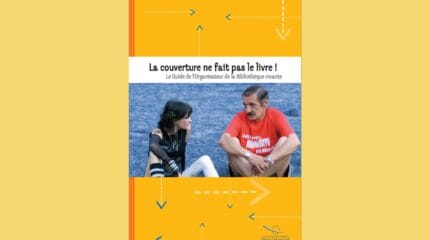
La Bibliothèque vivante fonctionne exactement de la même façon qu’une bibliothèque classique : les lecteurs viennent y emprunter un livre pour une durée limitée. Mais il y a une différence. Les Livres de la Bibliothèque vivante sont des êtres humains et, entre eux et leurs lecteurs, un dialogue va s’installer. Les Livres sont des personnes qui représentent des groupes fréquemment confrontés à des préjugés et à des stéréotypes, souvent victimes de discrimination et d’exclusion sociale. Dans la Bibliothèque vivante, non seulement les Livres ont la parole, mais ils peuvent répondre aux questions du lecteur, voire lui poser des questions et ainsi apprendre, eux aussi. La Bibliothèque vivante fait partie de la méthodologie du programme jeunesse du Conseil de l’Europe consacré à l’éducation aux droits de l’homme. L’idée à l’origine de ce programme est que les droits de l’homme ne peuvent être défendus par les seuls instruments juridiques ; chacun d’entre nous doit les protéger et les promouvoir. Pour encourager les citoyens à réfléchir à leurs propres droits humains et à ceux des autres, il faut les sensibiliser à l’importance de ces mêmes droits pour tous.
Lire la suite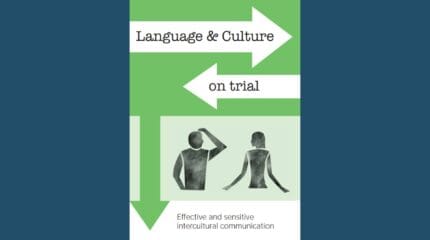
This booklet is on the “Effective and Sensitive intercultural communication seminar”. It’s about case studies and experience taken from European youth leaders on the topic of intercultural communication
Lire la suite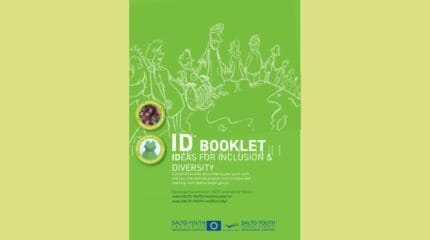
A practical booklet about making your youth work and your international projects more inclusive and reaching more diverse target groups.
Lire la suite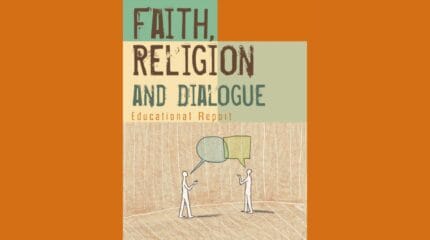
This booklet is aimed at youth workers, trainers, youth leaders, and anyone else with an active interest in issues related to youth, faith, and inter-religious dialogue. It can be used in a variety of ways.
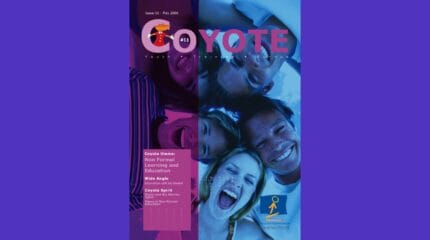
“Magazine about non-formal learning and education from the perspectives of the relevant European institutions, youth organisations and practitioners.
Lire la suite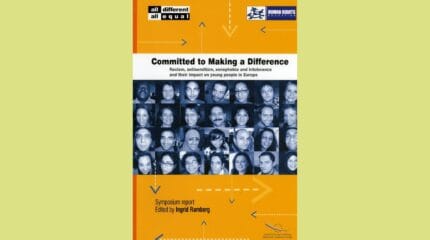
Document on racism, antisemitism, xenophobia and intolerance and their impact on young people in Europe.
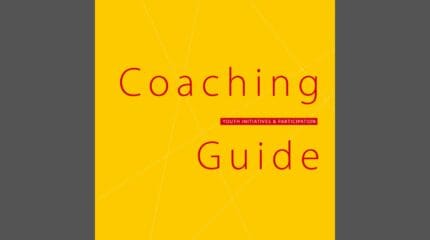
A guide that explores the concepts of Coaching, Youth Initiatives and Youth Participation, including practical tools and methods, advice and information, opportunities and support for those encouraging young people’s participation in Youth Initiatives

Le plan de la politique de la jeunesse du gouvernement Flamand 2006-2009.
Lire la suiteAucune des outils ne correspond à votre recherche.